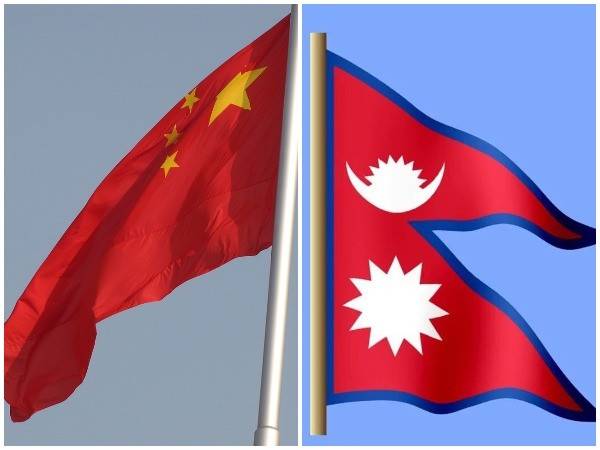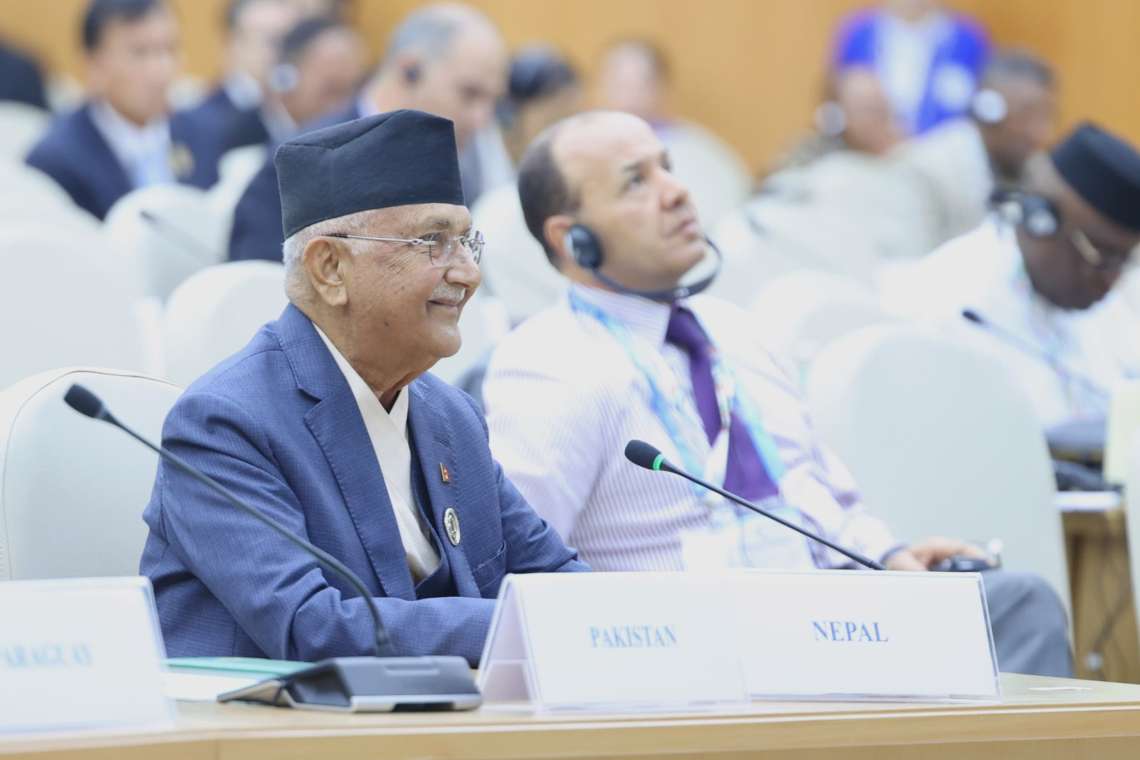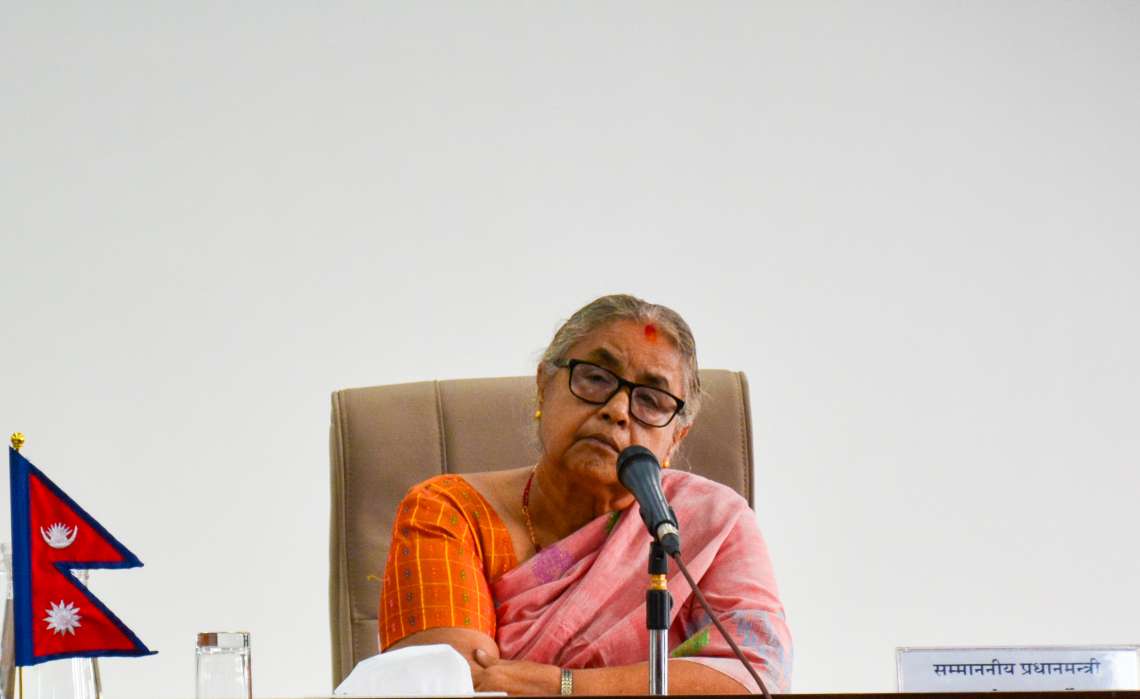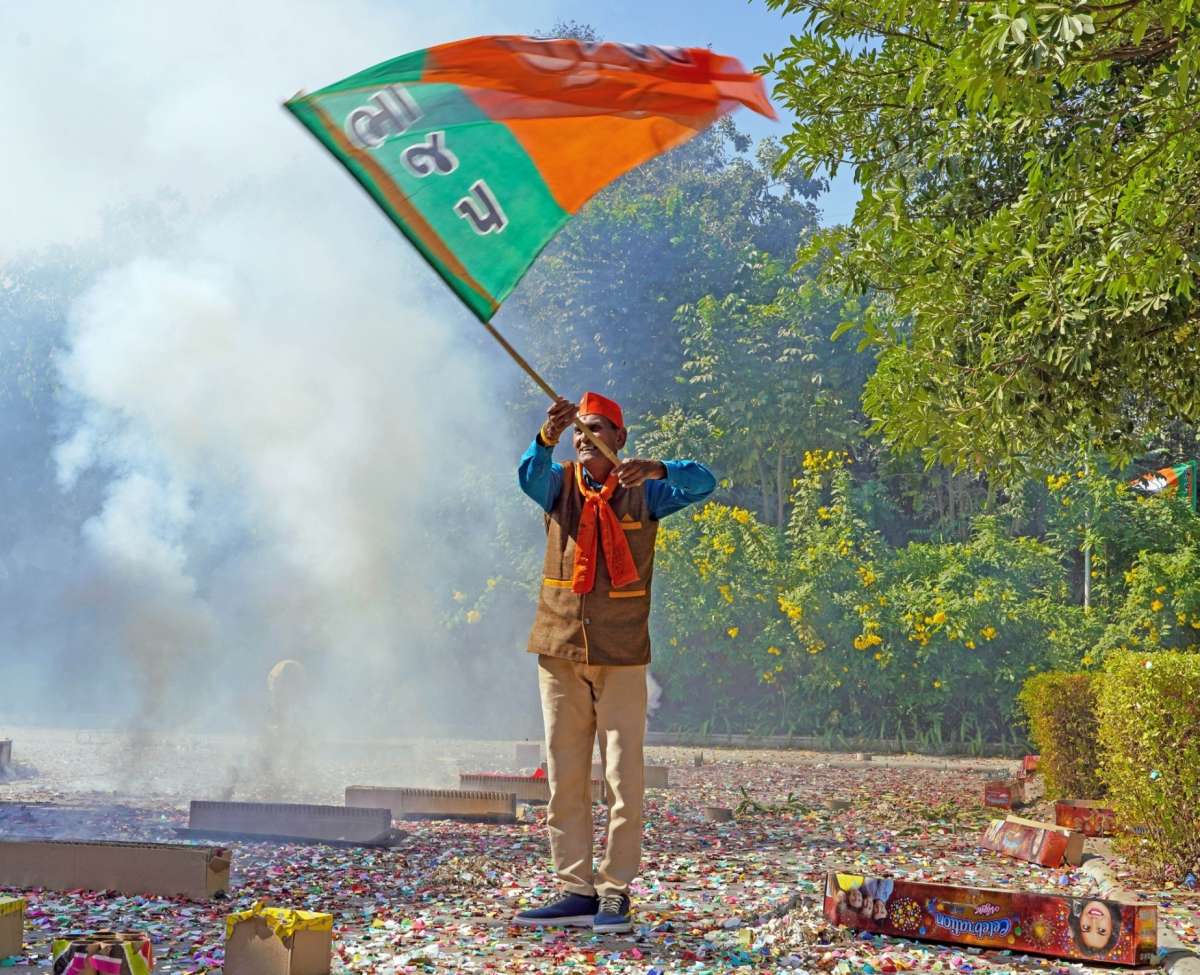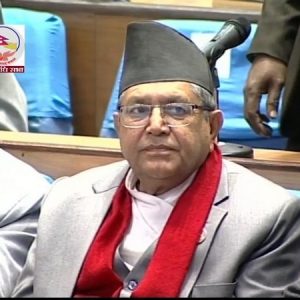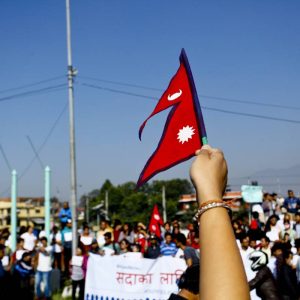Nepal’s latest change of guard may thus come as a major diplomatic setback for Chinese President Xi Jinping as the power equations in Kathmandu…reports Asian Lite News
The unexpected defeat in Nepal of several advisors of KP Oli, former PM and president of the Communist Party of Nepal (Unified Marxist-Leninist) and Maoist chairman Pushpa Kamal Dahal Prachanda’s weakened legislative presence has reduced the chance of Communists having influence in the parliament, according to pardafas.com.
Nepal’s latest change of guard may thus come as a major diplomatic setback for Chinese President Xi Jinping as the power equations in Kathmandu, under the Deuba-led coalition, are unlikely to be inclined towards Beijing. China will thus have to recalibrate its position in Nepal.
Deuba, who is most likely to form the government in Nepal, has already invested his political capital behind pushing the Millennium Challenge Corporation agreement with the United States, work on which has already begun, reported pardafas.com.
The five-party coalition government led by Nepali Congress President Sher Bahadur Deuba has had limited engagement with China since its formation in July 2021, except for a few bilateral mechanism-level meetings and a phone conversation between the two foreign ministers.
China got upset after the Deuba-led government raised the issue of China’s alleged border encroachment without consulting Beijing.
According to a report by pardafas.com, China has despite these conditions, always kept a close eye on political developments including elections in Nepal. Ever since the Nepalese Parliament ratified the United States (US) Millennium Challenge Corporation (MCC) Compact in March, several Chinese leaders carried out back-to-back high-level exchanges with Nepal.
Recently, the media reported that the Nepali Congress, the political party of caretaker Prime Minister Sher Bahadur Deuba had secured the highest number of seats in the November 20 election as the vote count nears a conclusion.
At 53, the Nepali Congress got the single highest number of seats under First-Past-The-Post (FPTP) even though it had contested the election forming an alliance of five different parties, according to the latest figures of the country’s Election Commission.
Opposition CPN-UML (Communist Party of Nepal- Unified Marxist Leninist) fell to the second spot with 42 seats by 11:15 am. Member of the ruling coalition CPN-Maoist Center stood third with 17 seats, CPN-Unified Socialist fourth with 10 seats, Janata Samajbadi, Rastriya Prajatantra and Rastriya Swatantra Party with 7 seats each.
The Rastriya Swatantra Party stood third in the line crossing the mark of 1 million votes with the Maoist Center in the fourth position crossing the mark of one million in the same time frame. According to EC’s preliminary estimate, voter turnout was 61 per cent. (ANI)


